Online Security and Password Protection
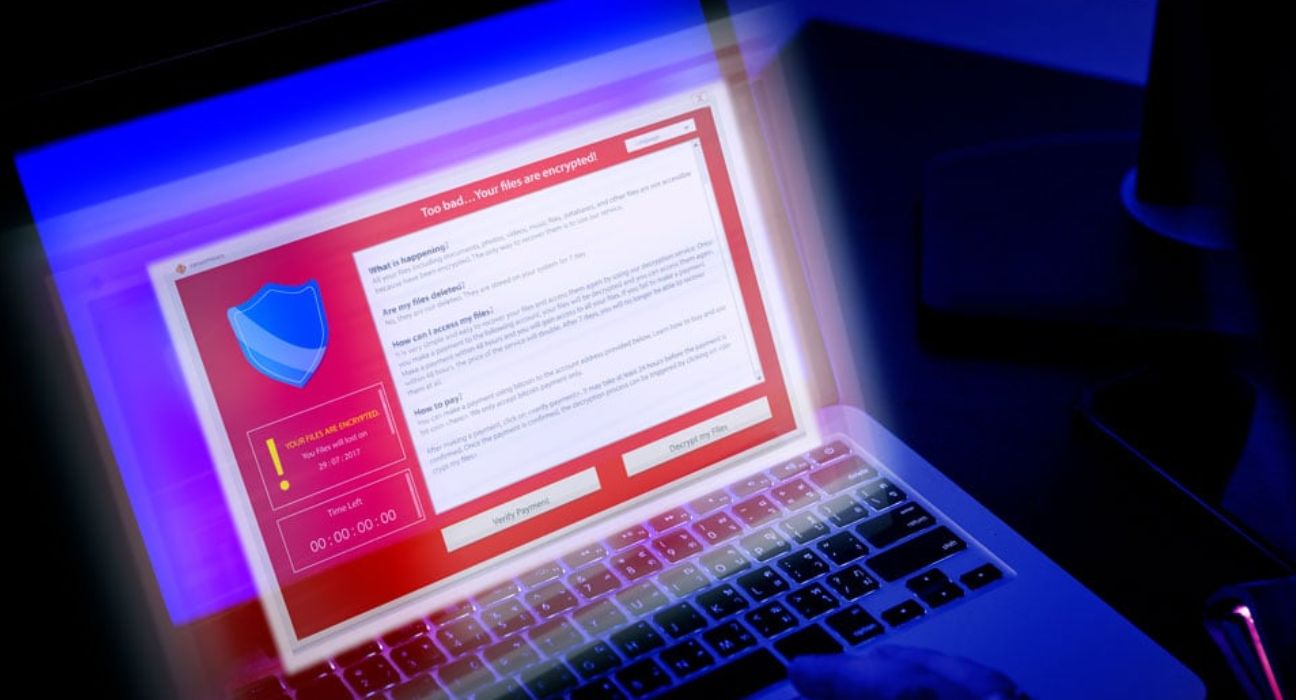
We are living in a time where technology has become an integral part of our lives, ensuring online security and password protection is of utmost importance. With the rise of suspicious emails and phishing attacks, it has become crucial to understand the dangers and take necessary measures to safeguard our personal and sensitive information. This article aims to shed light on the significance of online security, the role of strong passwords, password protection practices, real-life examples of email-based attacks, lessons learned, and preventive measures. Additionally, we will explore additional resources to enhance your knowledge of online safety and protect your personal information on social media.
The Importance of Online Security and Password Protection
The internet has revolutionized the way we communicate, work, and access information. However, this convenience comes with its share of risks. With cybercriminals becoming more sophisticated, it is imperative to prioritize online security. Hackers and scammers are constantly finding new ways to gain unauthorized access to personal and financial information. To prevent causing any damage password protection plays a crucial role. By creating strong and unique passwords, we can significantly reduce the risk of falling victim to cyber-attacks. Moreover, online security measures, such as two-factor authentication, encryption, and regular software updates, provide an additional layer of protection.
Dangers of Suspicious Emails
One of the most common methods used by cybercriminals to gain access to personal information is through suspicious emails. These emails often appear to be from reputable organizations or individuals, luring the recipient into clicking on malicious links or providing sensitive information. Phishing attacks, involve tricking individuals into revealing their passwords or financial details. We must take into measure and remember to exercise caution when dealing with suspicious emails and to be aware of the red flags, such as grammatical errors, urgent requests for personal information, or unfamiliar sender addresses. By being vigilant and skeptical, we can protect ourselves from falling victim to these deceitful tactics.
The Role of Strong Passwords
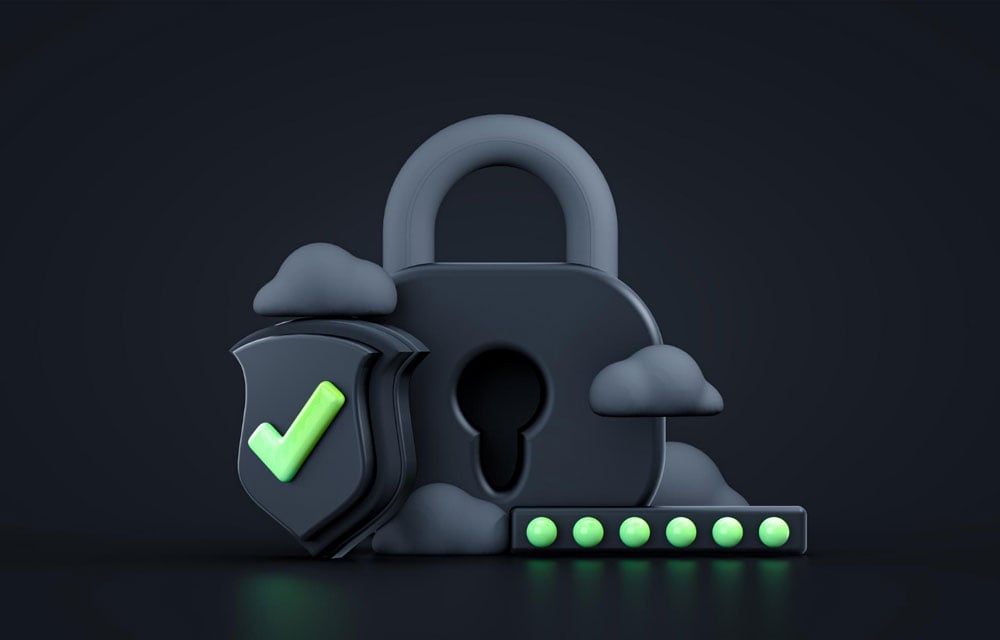
Passwords act as the first line of defense against unauthorized access to our online accounts and sensitive information. However, many individuals still use weak passwords that are easy to guess or crack. Creating strong passwords is essential to enhance online security. A strong password should be at least eight characters long and include a combination of uppercase and lowercase letters, numbers, and special characters. It is crucial to avoid using common phrases, personal information, or easily guessable patterns. Additionally, using a unique password for each online account is essential to prevent a domino effect in case one account gets compromised. By following these password creation guidelines, we can significantly reduce the risk of unauthorized access to our online accounts.
There are so many studies about this topic and you can see some statistics here: 139 password statistics to help you stay safe in 2023
Password Protection Practices
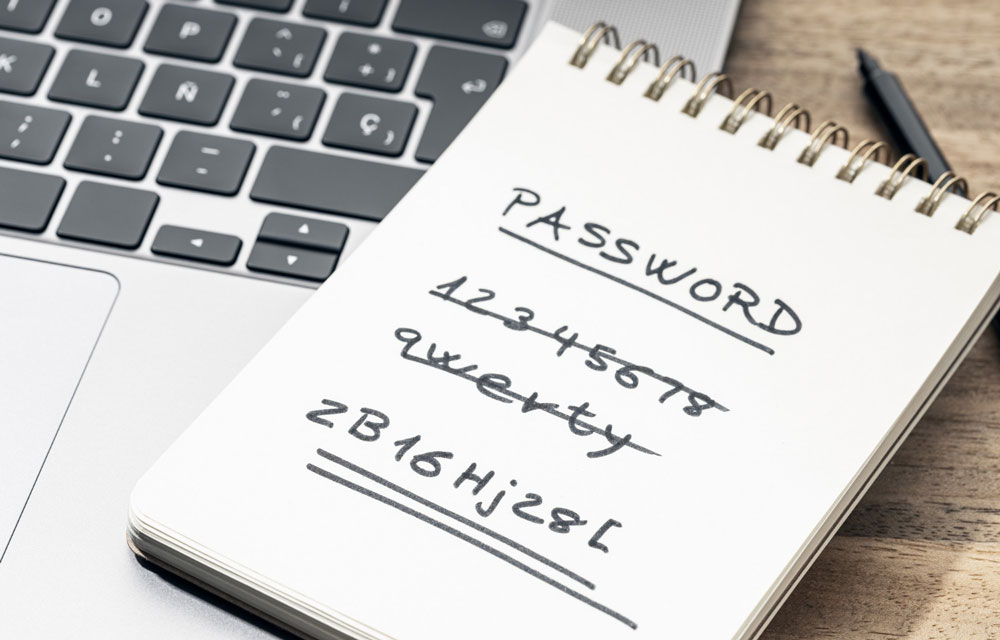
In addition to creating strong passwords, there are several password protection practices that should be followed to ensure online security.
- Change passwords regularly, at least every three months, to minimize the risk of compromise.
- Enabling two-factor authentication adds an extra layer of security by requiring a second form of verification, such as a fingerprint or a unique code sent to your mobile device.
- Crucial one, avoid storing passwords in plain text or on easily accessible platforms like sticky notes or spreadsheets. Instead, consider using a password manager, such as RelyPass – a free iOS password manager, that securely stores and encrypts your passwords in one place.
- Lastly, be cautious of password reset emails or prompts that seem suspicious. Always verify the source before proceeding.
Case Studies: Real-Life Examples of Email-Based Attacks
Learning from real-life examples can provide valuable insights into the consequences of falling victim to email-based attacks. One such case involved a renowned financial institution that experienced a major data breach due to an employee clicking on a malicious link in a phishing email. The cybercriminals gained access to customer data, resulting in financial loss and reputational damage. Another case involved a small business owner who fell victim to a spear-phishing attack, where the attacker impersonated a trusted supplier and tricked the owner into making a significant payment to a fraudulent account. These cases highlight the devastating impact of email-based attacks and emphasize the need for heightened vigilance and preventive measures.
Related story: The 15 biggest data breaches of the 21st century
Additional Resources

To further enhance your knowledge of online security and password protection, here are some recommended resources:
- National Cyber Security Alliance: A non-profit organization providing resources and tools to promote cybersecurity awareness and education.
- Cybersecurity and Infrastructure Security Agency (CISA): The U.S. government’s leading agency for cybersecurity and infrastructure resilience.
- OWASP (Open Web Application Security Project): A community-driven organization focused on improving software security.
For further reading and learning, the following books are highly recommended:
- The Art of Invisibility by Kevin Mitnick
- Cybersecurity for Beginners by Raef Meeuwisse
- Data and Goliath by Bruce Schneier
Protecting Your Personal Information on Social Media

While we focus on email-based attacks, it is crucial not to overlook the risks associated with social media platforms. Cybercriminals often exploit personal information shared on social media to target individuals with personalized phishing attacks. To protect your personal information, consider the following measures:
- Review and adjust your privacy settings to limit the visibility of your posts and personal details.
- Be cautious about accepting friend requests or connection requests from unknown individuals.
- Avoid sharing sensitive information, such as your full address, phone number, or financial details, publicly.
- Regularly review and update your passwords for social media accounts.
- Enable two-factor authentication for enhanced security.
Conclusion
In summary, technology has now advanced a lot and with increasing suspicious emails and advanced cyber threats, prioritizing online security and password protection is imperative. By understanding the dangers of suspicious emails, recognizing the role of strong passwords, adopting password protection practices, and learning from real-life examples, we can fortify our defenses against cyber attacks. Additionally, by leveraging the recommended resources and enhancing our knowledge of online security, we can stay one step ahead of cybercriminals. Let us take action today to safeguard our personal and sensitive information in the digital realm.

RelyPass is a free iOS app that lets you store and manage multiple passwords in one place. You can create custom passwords and automatically fill them into websites and apps when you sign in. Plus, it offers Secure Sharing functionality so that you can easily share passwords with friends and family.




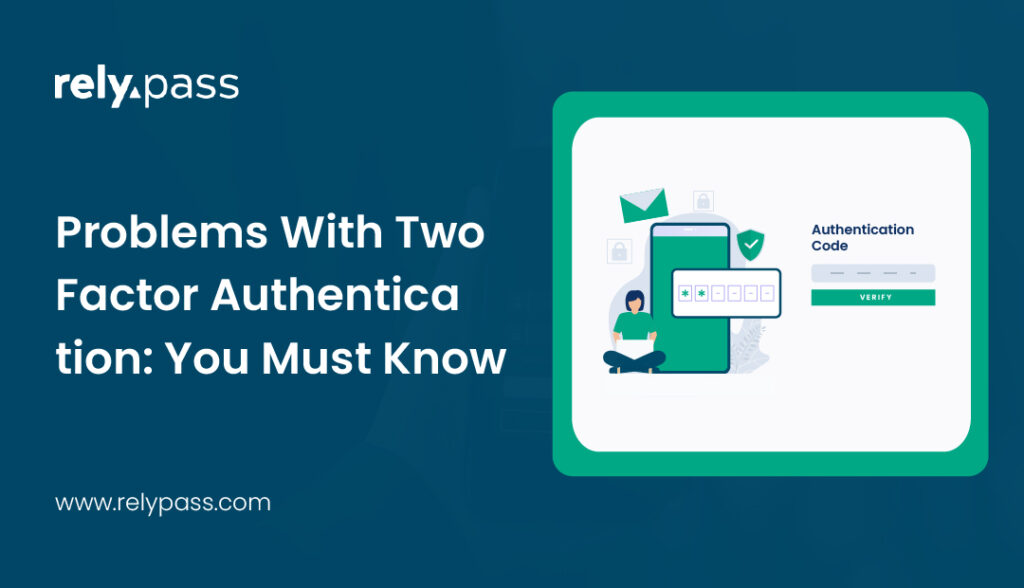
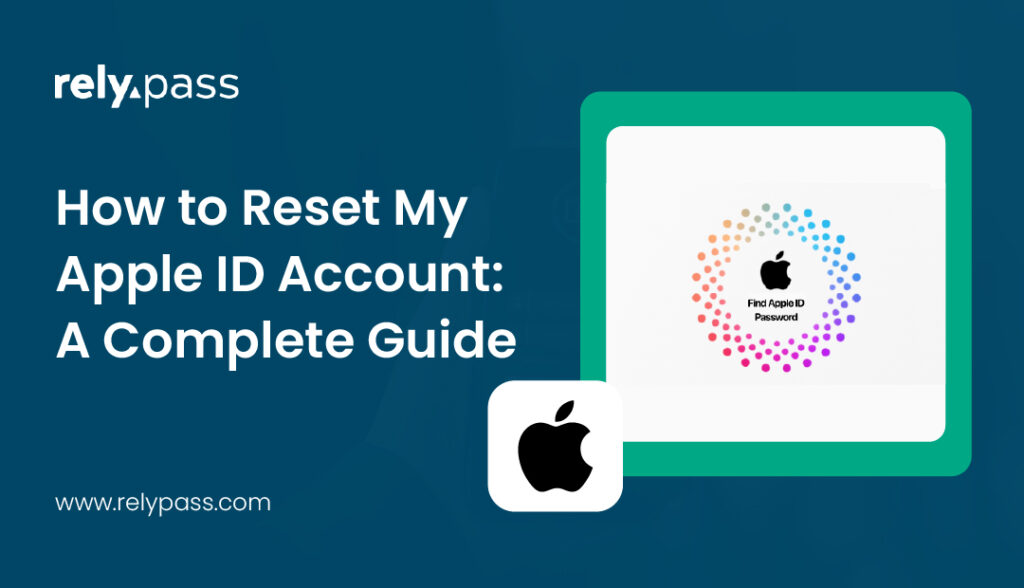






Password Protection 101: 10 Bad Habits to Avoid - RelyPas
November 30, 2023[…] Phishing attacks are a common method used by hackers to trick users into revealing their passwords. Here are some tips to protect your passwords from phishing attacks: […]